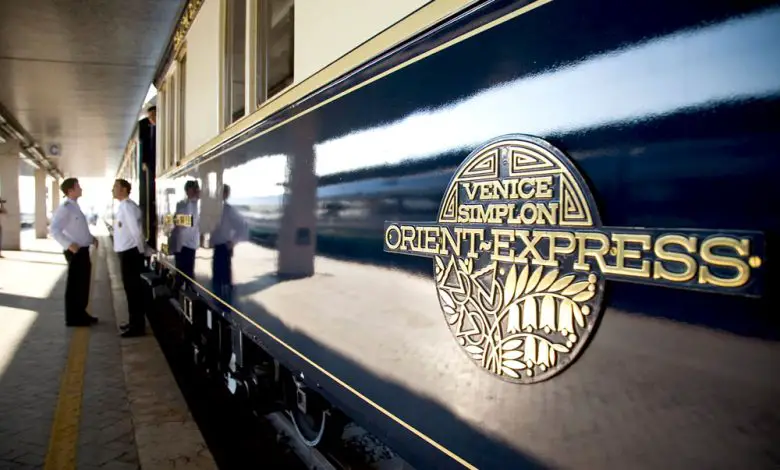
One hundred twenty-six years. That is the age of the Orient Express when it completed its final journey from Strasbourg to Vienna on December 12, 2009, after being born on October 4, 1883, during its first voyage from Paris Gare de l’Est to Giurgiu (in Romania). Nearly a decade after its disappearance, the legendary train still captivates, as evidenced by the box office success of Kenneth Branagh’s film, “Murder on the Orient Express” (2017), as well as exhibitions and reconstructions across Europe. The constant evolution of the Orient Express between 1883 and 2009 makes it a variable, even elusive collective space: thinking about the Orient Express is not just about discovering unknown places, landscapes, and nations, but also immersing oneself in bygone eras (the fin de siècle, world wars, the interwar period, etc.).
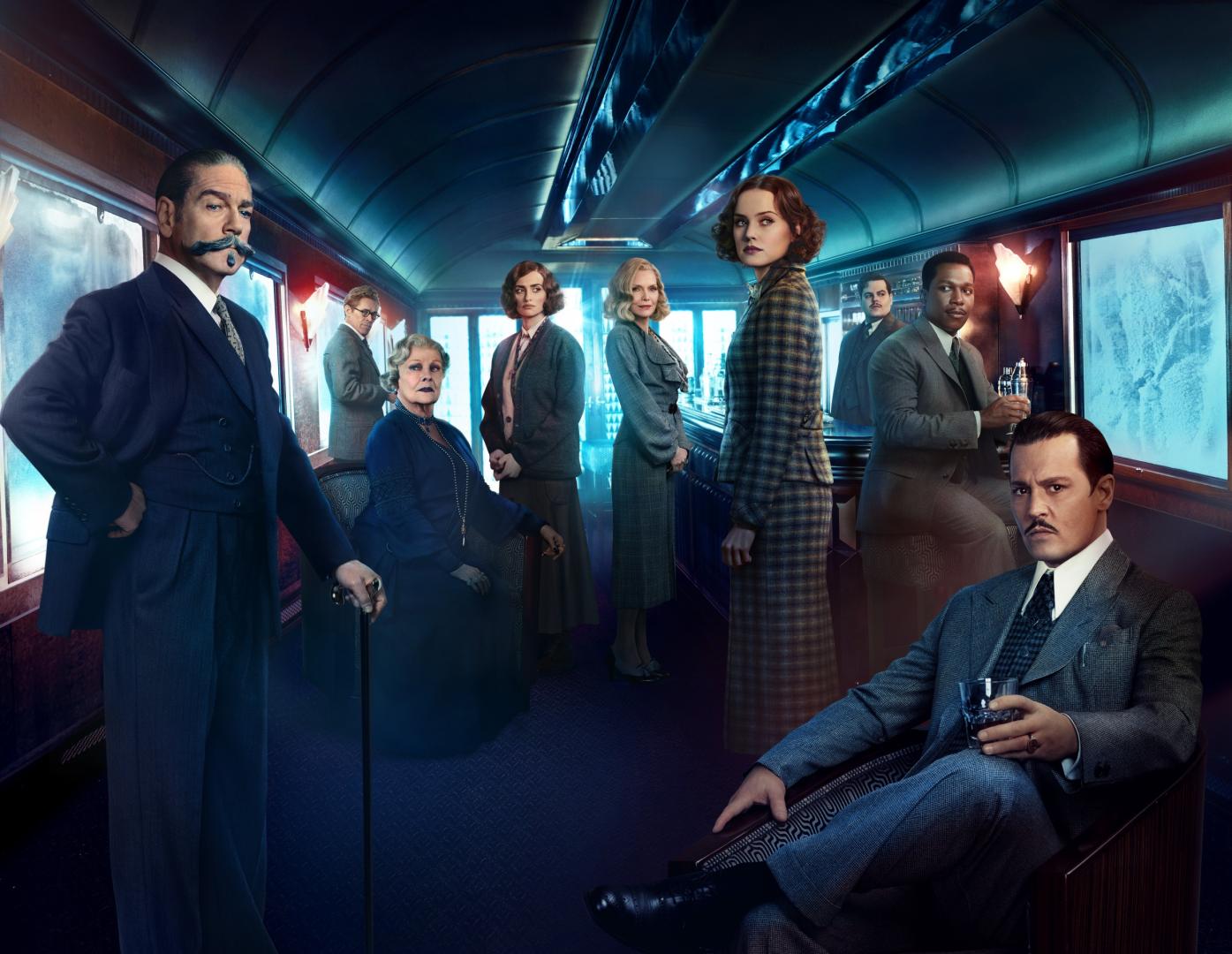
It’s not just its seats, berths, speed, routes, or even its smells that underwent numerous alterations, but also its function and symbolism, both national and international. The very first myth is the belief that the Orient Express refers to a single train rather than a journey between Western, even Northern Europe (including England), and parts of Eastern and Southern Europe (Istanbul).
The train of legend ceased to operate in 2009. Orient Express The multiple metamorphoses of the Orient Express make it an abstract myth: associated with travel, it embodies the various mentalities of a culturally diverse Europe, even one plagued by international conflicts where victors and vanquished maintain a relationship of sociopolitical dominance. Witness to world wars and a symbol of triumph or defeat, wealth or destitution (governed by a class system), the subject of literary and cinematic fantasies, the Orient Express does not denote a single coherent collective travel space, but rather a set of intersecting visions. The artists of the Orient Express oscillate between a sometimes realistic, sometimes fantastical portrait of the train later nicknamed the “benevolent monster” (Alexandre Hepp).
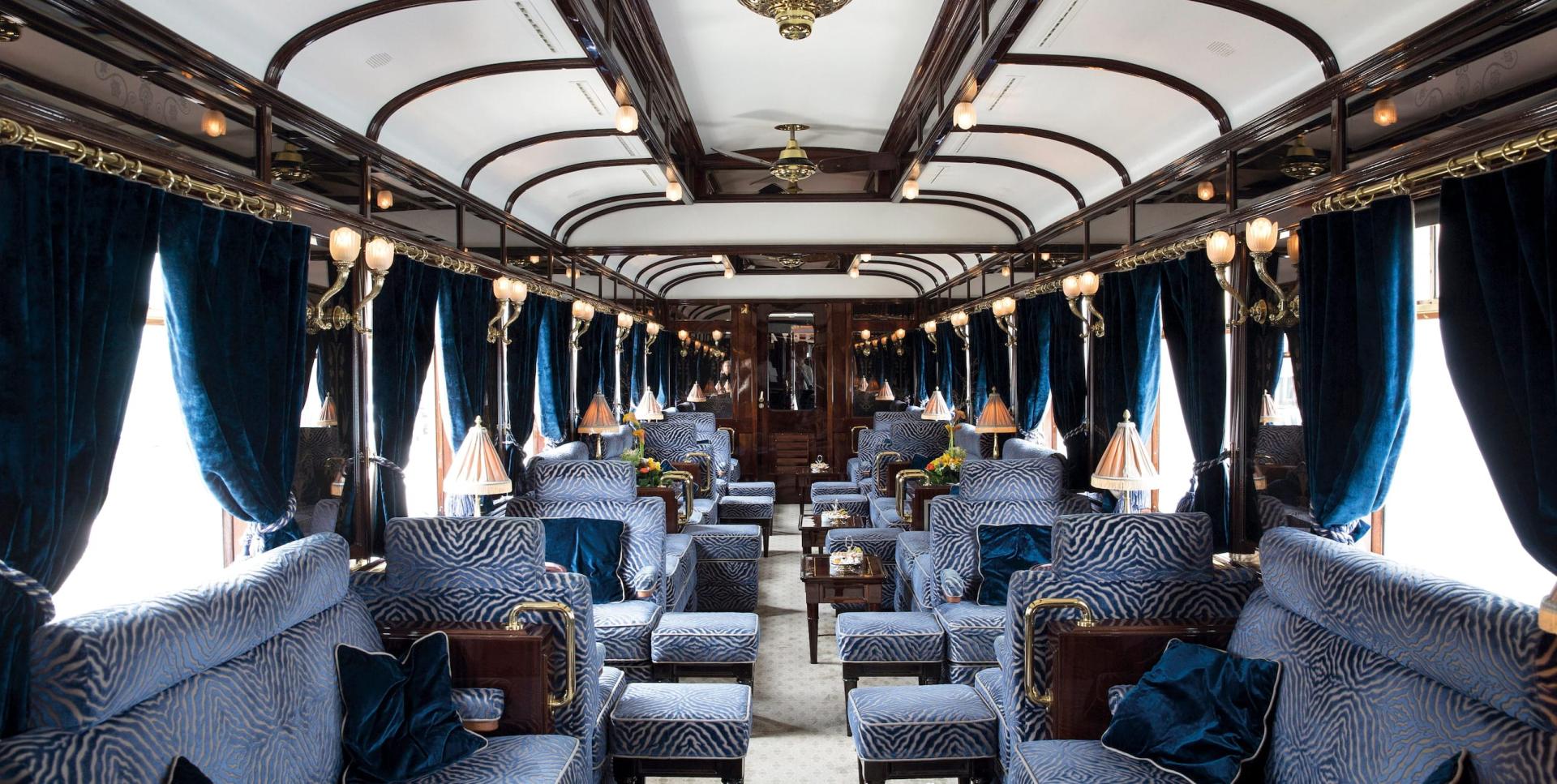
The Orient Express refers to several trains and several routes. Luxury, refinement, and artistic celebration of the Orient Express Inspired by American Pullman trains, which already had berths, the Orient Express immediately offered its affluent passengers the opportunity to travel long distances while enjoying unparalleled comfort and luxury. In terms of amenities, hot water, heating (“excessive” according to Agatha Christie’s characters), and lighting provided an appreciable sense of abundance, further supported by sumptuous decorative materials: silk for the sheets, marble for the facilities, and crystal or silver for the table service.
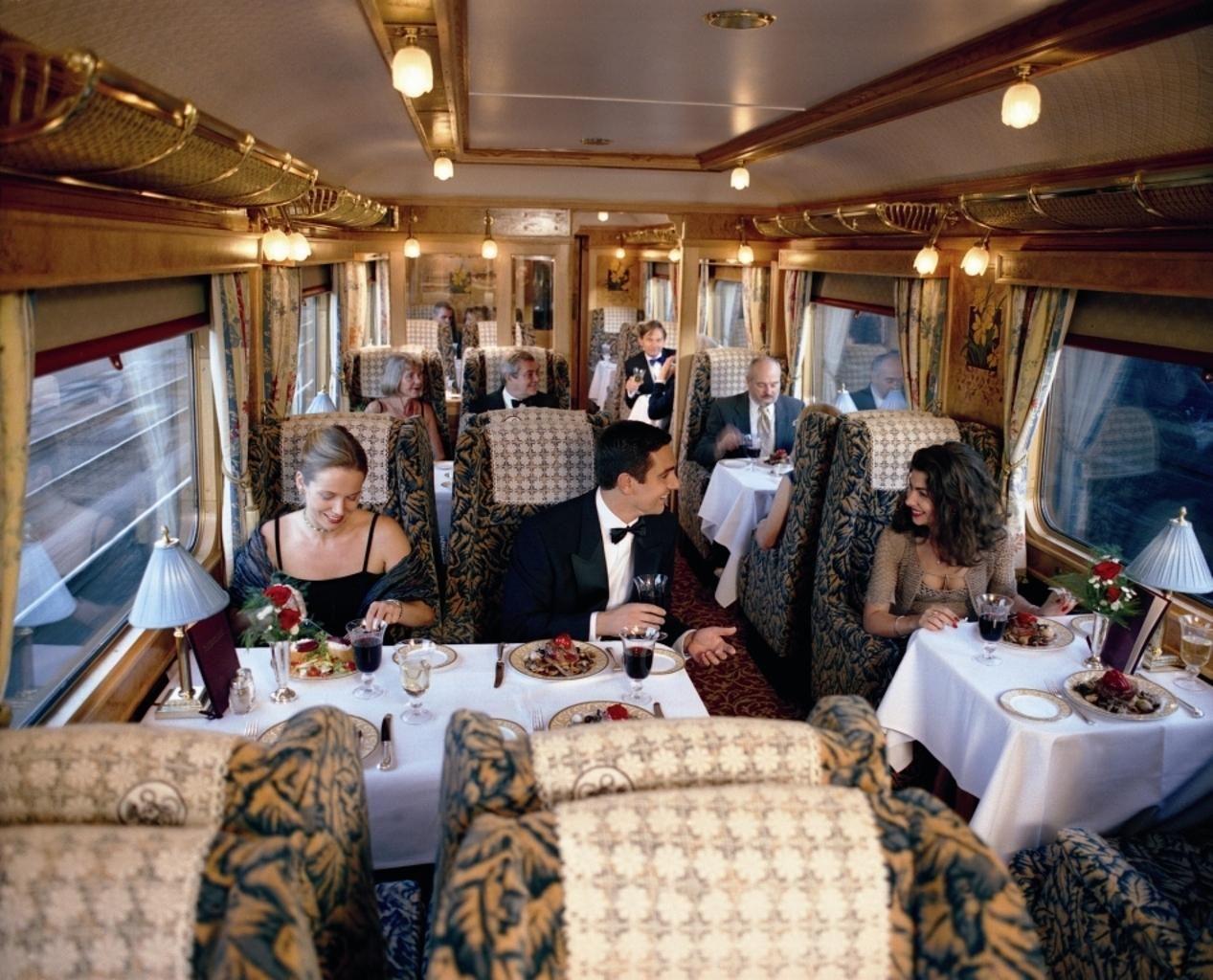
It is precisely this opulence that inspired Ian Fleming in his novel “From Russia with Love” (1957), where oriental evocations and the choice to place two love scenes interspersed with a single action scene find an echo in Terrence Young’s film adaptation (1963), the second installment of the James Bond series. In both works, on a journey from Istanbul to Paris, the berths of the Orient Express, a private space, transform into a beauty salon, where two flirtatious scenes take place between Agent 007 and Tatiana Romanova, a former KGB agent played by actress Daniela Bianchi.
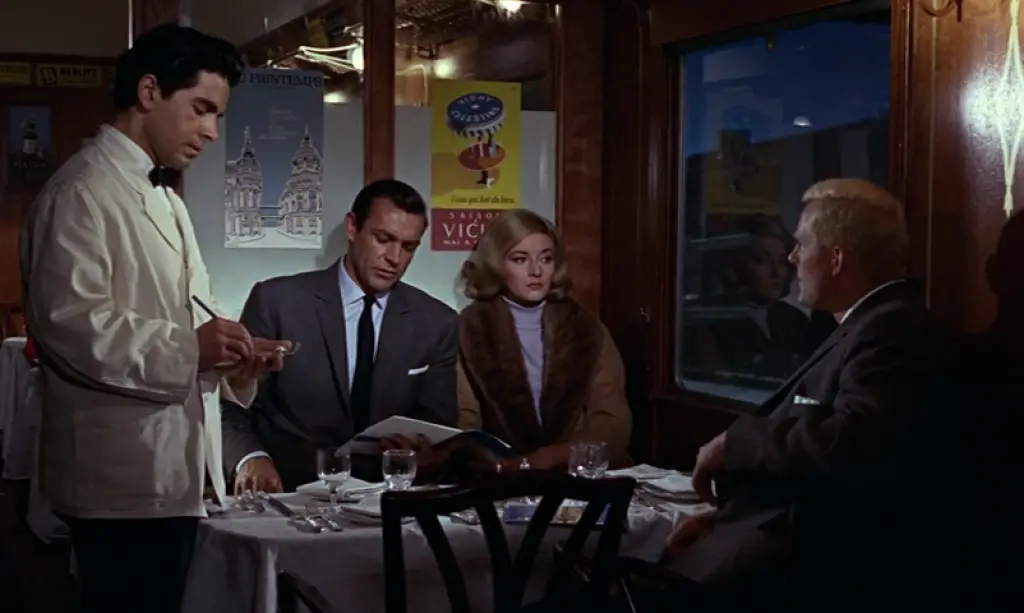
A character in its own right in “From Russia with Love.” Screen view Regarding the exterior of the train, Terrence Young alternates between close-ups and more panoramic perspectives, both of which result in the towering James Bond, played by Sean Connery, appearing small on screen, eclipsed by the train’s immense size. It is precisely this comfort and the selectivity of passengers that make the Orient Express more than just a train, earning it the nickname “the king of trains, the train of kings.”
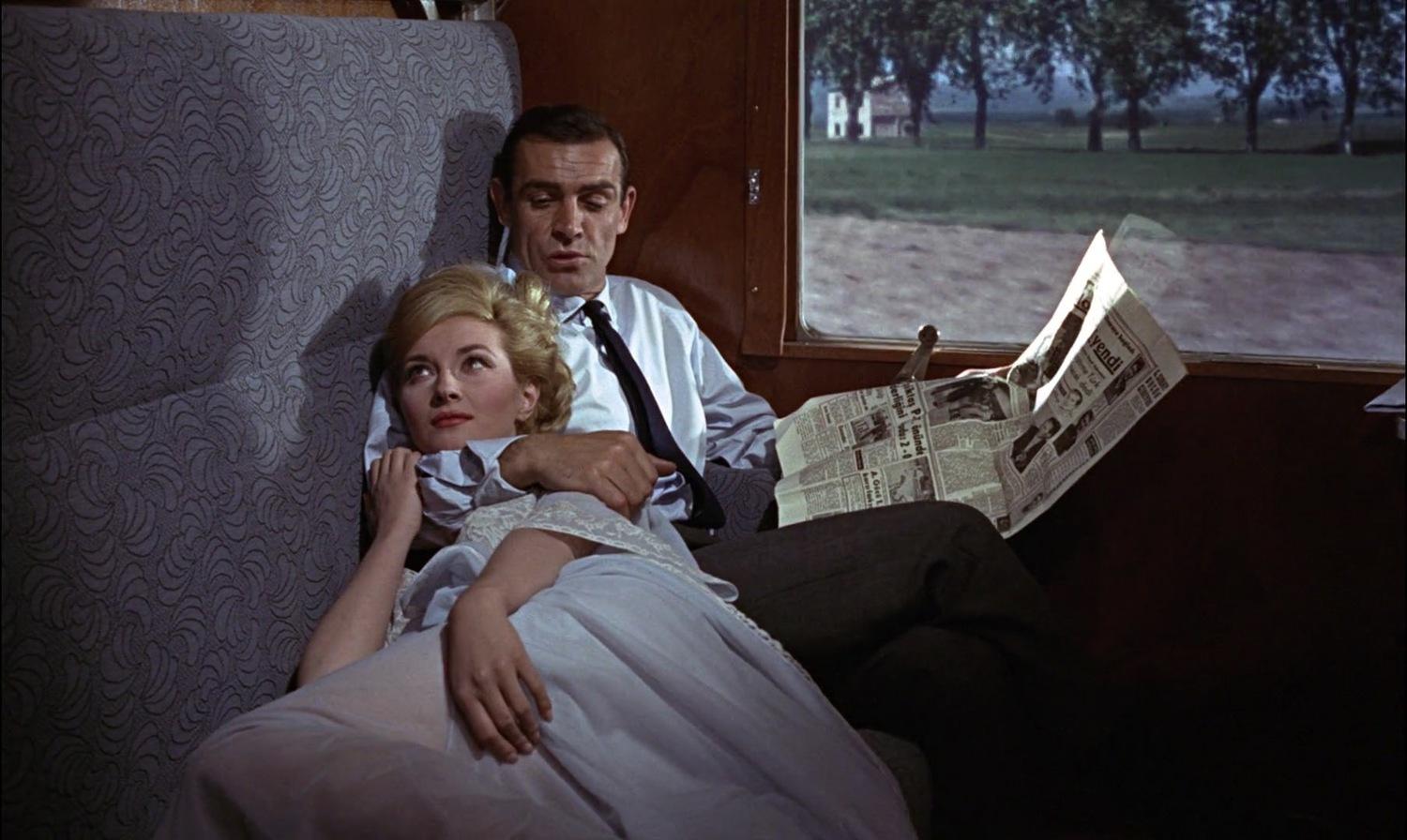
The Orient Express in literature: from object to subject Initially celebrated by decadents as the triumph of artifice over nature, as the victory of mechanics over the organic, the train is gradually treated as a subject in its own right, one animated by various moods, emotions, ingestions, and excretions (fuel, smoke, sanitation, etc.). In his novel “Against Nature” (1884), published a year after the inauguration of the Orient Express, writer and art critic Joris-Karl Huysmans compares man to God, specifying that the creation of a locomotive transcends or equals the creation of woman:
“There are certainly no such types of delicate slenderness and terrifying strength among the frail blonde beauties and the majestic brown beauties; one can certainly say: man has done, in his way, as well as the God in whom he believes.”

Many authors delight in portraying a living train with organic traits, animated by impulses of life and death. In his 1957 novel, Ian Fleming describes the Orient Express as “the only living train” at the Istanbul station, while the others are described with various privative suffixes, and he specifies that its arrival corresponds to “the death of an asthmatic dragon.
An space animated by mobility as well as constant mutability, where entries and exits succeed each other, the train is susceptible to displaying various symptoms: breakdowns, crimes, interruptions due to an untameable nature, etc. As for its relentless binary movement (on/off), it reflects the cycle of existence, seasons, and European battles. That’s why many affluent, even illustrious, passengers dream of boarding this sociocultural microcosm.
The Orient Express: the train of celebrities In 2020, Kate Moss and Baby Spice shared their experience on board the Orient Express (or rather its VSOE version, the Venice-Simplon-Orient-Express) on Instagram, continuing a tradition dating back to the train’s early journeys, which became popular with celebrities as early as 1883.

From its inception, the fame of the Orient Express was immediate, as Georges Nagelmackers did not limit himself to the mere design of the train but also extended its influence through enthusiastic press coverage, notably under the pen of Georges Boyer, a special correspondent for Le Figaro. Its mythic symbolism was already established, or rather mythologized, by the presence of its passengers with illustrious roles (most from Western Europe).
Quotes About Love – Agatha Christie
It is a curious thought, but it is only when you see people looking ridiculous, that you realise just how much you love them!
It seemed a strange place and a strange time for a declaration of love – and God knows, in all my imagining, I had never pictured love coming to me in such a guise. But I answered simply and naturally enough: “Because I love you, Cinderella.”
He’d been madly in love with Veronica but it wouldn’t have done. Veronica would have swallowed him body and soul.
Murder, I have often noticed, is a great matchmaker.
Love can be a very frightening thing. That is why most great love stories are tragedies.
She said they had always been ideally happy, that she adored him and he knew it, and that she wanted him and only him.
She’s got the most marvellous hair—sort of golden but very deep, like a jolly old sunset—that’s it, a jolly old sunset. You know, I never noticed things like sunsets until lately.
This murder’s got to be solved! If it isn’t, then Arthur’s whole life will be wrecked—and I won’t have that happen. I won’t! I won’t! I won’t! I won’t have the dear old boy go through hell for something he didn’t do.
Tuppence is my girl! I’ve always loved her, from the time we played together as kids. We grew up and it was just the same.
‘Everyone gets engaged on board ship. There’s nothing else to do.’ ‘I don’t want to get married.’ ‘Don’t you?’ said Suzanne. ‘Why not? I love being married—even to Clarence!’


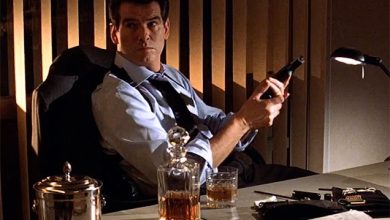

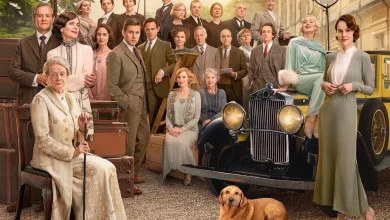




3 Comments